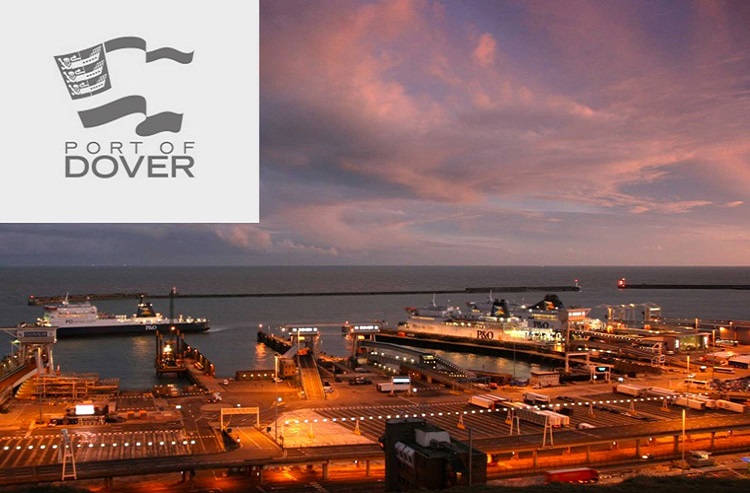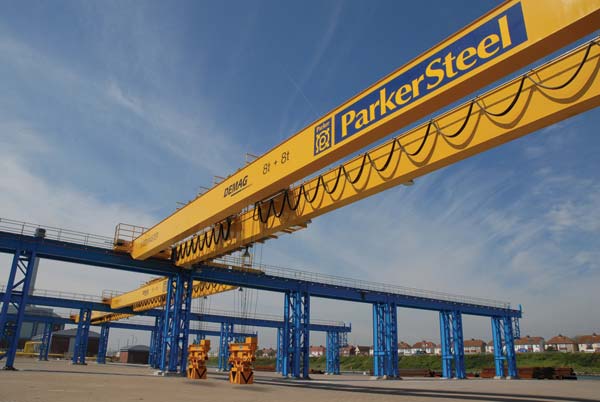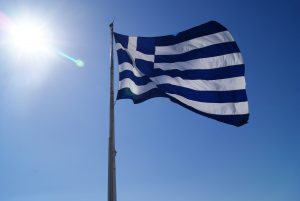As the Research Excellence Framework 2021 shows that 80% of Kent Business School research is deemed as ‘world leading’ or ‘internationally excellent’, here we showcase the standout studies over the last seven years.
Port of Dover Suite of Simulation
The Port of Dover handles 17% of the UK’s trade in goods each year but faces geographical constraints that limit expansion. Decision analytics research by Professors Jesse O’Hanley and Maria Paola Scaparra led to the development of a suite of simulation and heuristic models that increased the Port’s vehicle throughput and improved layout and operations of the new cargo terminal.
The project delivered capital investment and operating cost savings in excess of £5 million and improved capacity to predict and avoid problems such as Operation Stack. The traffic fluidity analysis that the Port was enabled to undertake informed the UK and French governments’ planning for Brexit.

Economic Evaluation Model used in HM Treasury’s Green Book
Research carried out by Kent Business School led to the development of an economic evaluation model that is used in HM Treasury’s Green Book to provide guidance on how to appraise, cost, and evaluate public projects in the UK. The model enables institutions and policy- makers to pursue projects that balance short-term costs and benefits with long-term implications.
The model has been utilised for a wide range of publicly funded projects, including: all facilities investment by NHS Scotland; the assessment of the economic value of green spaces in the city of London; the construction of the Third River Yarmouth Crossing. The model is also used by the private sector, think tanks, and other non-governmental bodies (such as NESTA and the Transport Knowledge Hub) for the valuation of future assets.
Heuristic Optimisation for Logistical Challenges
Innovative heuristic optimisation techniques developed by Professor Said Salhi and Dr Niaz Wassan of Kent Business School created environmental benefits, generated financial savings, and promoted operational efficiencies for two Kent-based companies facing complex logistical challenges.
Wassan and Salhi led the development of bespoke optimisation tools for Parker Steel and Priority Freight, respectively, between 2015 and 2019. Outcomes included a 42% reduction in CO2 emissions and savings of £24,000 per month for Parker Steel. Priority Freight reports that the project has saved 2.2 tonnes of CO2 per annum, plus weekly savings of £3,400 for each of its nine international offices.
Automatic Mass Valuation in Real Estate
Research led by Dr Antonis Alexandridis of Kent Business School in 2016 for Eurobank Property Services (a leading Greek and Romanian mortgage lender) resulted in an automatic mass valuation system for the real estate sector. The new tool was implemented by Eurobank Property Services in relation to its mortgage valuations from 2016 onwards, and helped reduce the risk of non-performing loans (i.e. those with property as collateral).
Used by the Greek Ministry of Finance and the European Commission to objectively define the value of real- estate properties in Greece and to inform the tax rate applied to individual properties, the introduction of the system resulted in a range of efficiencies for the bank and cost savings for its clients.

Ethnic Diversity and Career Progression
Research by Human Resource Management Lecturer Dr Madeleine Wyatt (at the University of Kent Business School) into promoting ethnic diversity at senior levels of organisations has guided diversity and inclusion initiatives aimed at supporting the career progression of Black, Asian and Minority Ethnic (BAME) professionals.
Wyatt worked directly with sector-leading organisations on evidence-based initiatives that address racial inequality in senior management. Partners include a leading international professional services consultancy, EY (Ernst & Young), several NHS Trusts in London, and AdvanceHE, a UK charity that supports organisational development across the UK’s higher education sector. In each case, Wyatt’s research has contributed to new training or organisational development initiatives, which focus on the role of informal and political workplace dynamics. Outcomes include a more representative board at EY and improved diversity in senior management across UK higher education.
Culture Change in Banking
Dr Ioannis Krasonikolakis’ research helped one of Greece’s largest retail banks, Eurobank, to recognise the need for culture change and initiate new management processes to promote its transition to online services and products.
This project was particularly significant, as the retail banking sector in Greece has been slow to adopt the digital services that are now commonplace elsewhere in Europe. As part of a two-phase consultancy for Eurobank (between 2018 and 2019), Krasonikolakis produced a set of recommendations based on a ‘blended’ approach to digital transformation. In 2019, Eurobank began to adopt these findings through staff training and bank redesign initiatives. From 2018 onwards, project recommendations also started to gain traction across the wider Greek retail banking sector.




